Home
The government pondered delaying the end of coronavirus restrictions on 21 June. But Chris Hopson, the chief executive of NHS Providers, noted that ‘vaccines have broken the chain between Covid-19 infection and high levels of hospitalisations and then mortality’. Of 126 people taken to hospital with the Indian variant of coronavirus (now designated Delta), only three had been doubly vaccinated and two thirds not vaccinated at all. By the beginning of the week, 52.5 per cent of the adult population had received two doses of vaccine; 76.6 per cent the first dose. Vaccinations were offered to anyone aged 25 or more. Of those aged 70 or more, 96.9 per cent of Jews had been doubly vaccinated; 96.2 of Christians; 95.4 of Hindus; 94.3 of Sikhs and 84.7 of Muslims. In the seven days up to the beginning of the week, 61 people had died, bringing the total of deaths (within 28 days of testing positive for coronavirus) to 127,836. Kate Bingham, who chaired the vaccine taskforce, was made a dame in the Queen’s birthday honours. Thousands scrambled to return from Portugal before a ten-day quarantine was imposed. Pubs and restaurants ran short of staff.
After the England and Wales Cricket Board suspended the bowler Ollie Robinson, Oliver Dowden, the Culture Secretary, tweeted: ‘Ollie Robinson’s tweets were offensive and wrong. They are also a decade old and written by a teenager. The teenager is now a man and has rightly apologised. The ECB has gone over the top by suspending him and should think again.’ The Prime Minister agreed. Sir Kevan Collins resigned as education recovery commissioner for England, saying that the £1.4 billion to help pupils catch up after the pandemic fell ‘far short of what is needed’. Perilous rented e-scooters were made legal on roads in four London boroughs.
The Speaker, unable to allow an amendment to defeat the plan, granted an emergency debate on the government reducing overseas aid from 0.7 per cent of GDP to 0.5 per cent. The G7 club of rich nations plotted to extract perhaps 15 per cent tax from tech companies. Cornwall braced itself for the G7 summit. Dungeness nuclear power station, operated by the French company EDF, closed seven years early. The EU made threatening noises about Britain’s continued sale of sausages to Northern Ireland. Edwin Poots, the leader of the Democratic Unionist party, announced that Paul Givan, aged 39, would be First Minister of Northern Ireland. In fine weather, hundreds of migrants arrived in England by small boat, 201 on one day. Norwegian police found the body of a 15-month-old Kurdish-Iranian boy called Artin who drowned with four members of his family when their boat sank in the Channel in October.
Abroad
The total in the world recorded to have died with coronavirus reached 3,743,843 by the beginning of the week, an increase of 76,580 from the week before. India saw fewer new coronavirus infections, though daily deaths remained above 2,000. The prime minister of Nepal appealed to Britain to send vaccines. Apple employees complained at being told to be in the office at least three days a week by September. Nigeria suspended Twitter after (though not, it said, because) the platform removed a tweet from President Muhammadu Buhari. Abubakar Shekau, the leader of the Nigerian militant group Boko Haram, was said by a rival group, the Islamic State West Africa Province (Iswap), to have killed himself by detonating explosives.
At least 40 people died in Pakistan when a passenger train collided with another, which had been derailed. Websites including PayPal, gov.uk, Amazon and The Spectator went offline when a bit of the cloud run by a company called Fastly burst. President Emmanuel Macron was slapped in the face in the street. Britain signed a trade deal with Norway, Iceland and Liechtenstein affecting prawn tariffs.
More than 800 people were arrested after Australia and the FBI collected information through an encryption app that gangs had been tempted to use. By hacking a virtual wallet used by the Russia-based hacker group Darkside, the US Justice Department recovered a ransom of 63.7 bitcoin (about $2.3 million) paid after the east coast Colonial Pipeline had been shut down. President Nayib Bukele of El Salvador planned to make bitcoin legal tender alongside the US dollar. The Duchess of Sussex gave birth to a girl, named Lilibet Diana Mountbatten-Windsor, to be known as Lili. CSH
Got something to add? Join the discussion and comment below.
Get 10 issues for just $10
Subscribe to The Spectator Australia today for the next 10 magazine issues, plus full online access, for just $10.
You might disagree with half of it, but you’ll enjoy reading all of it. Try your first month for free, then just $2 a week for the remainder of your first year.

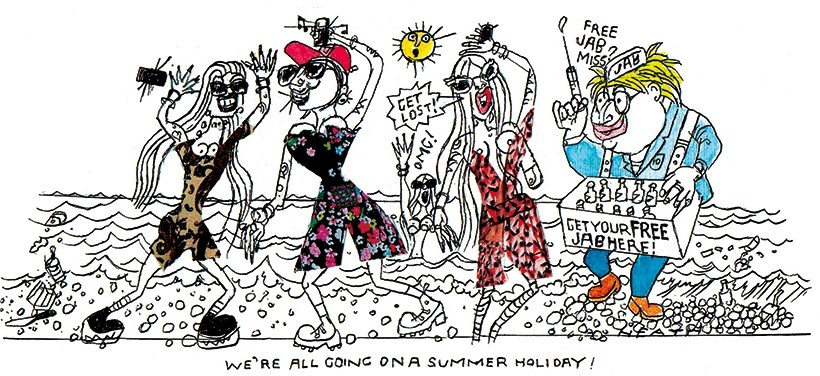
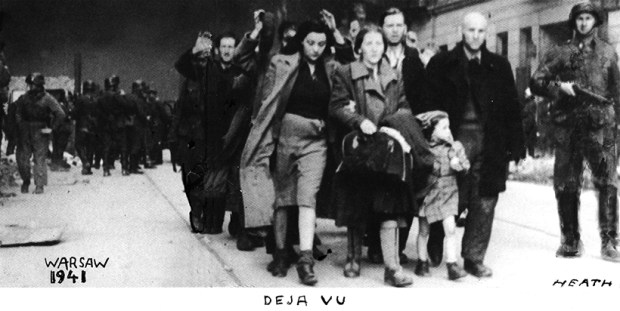
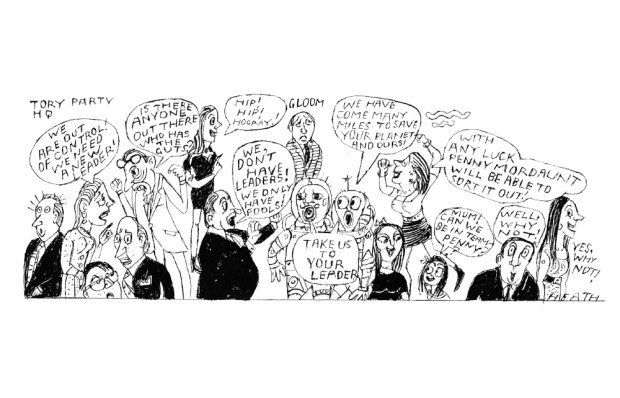

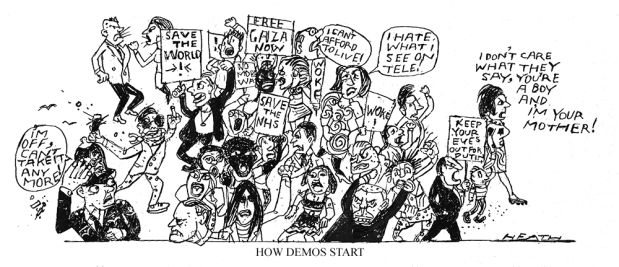
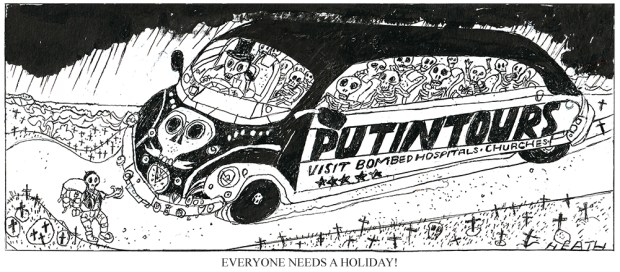
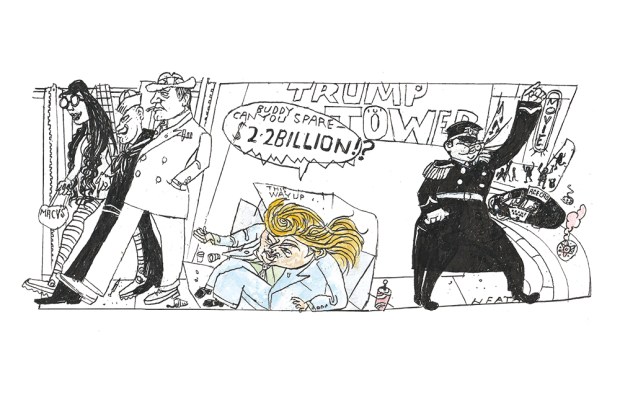






Comments
Don't miss out
Join the conversation with other Spectator Australia readers. Subscribe to leave a comment.
SUBSCRIBEAlready a subscriber? Log in